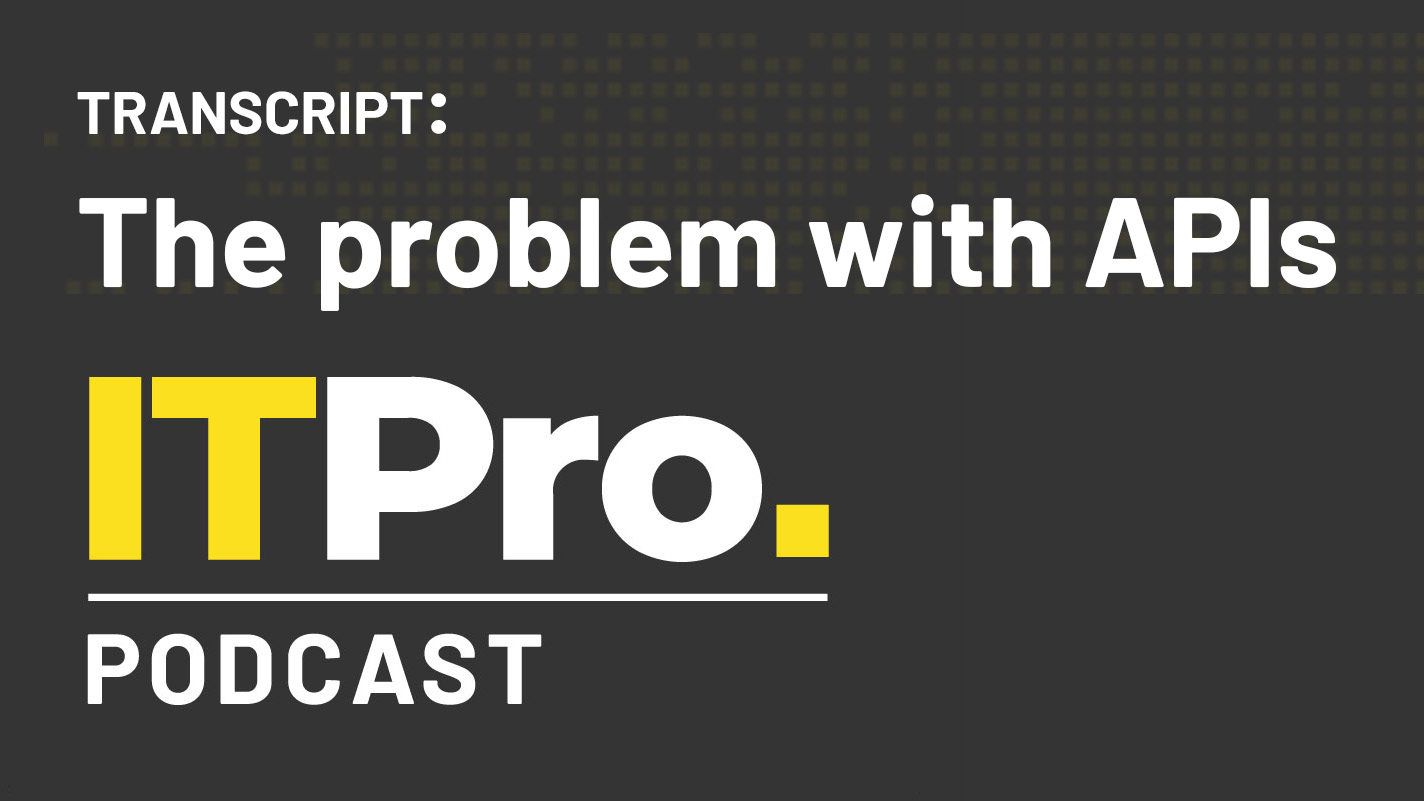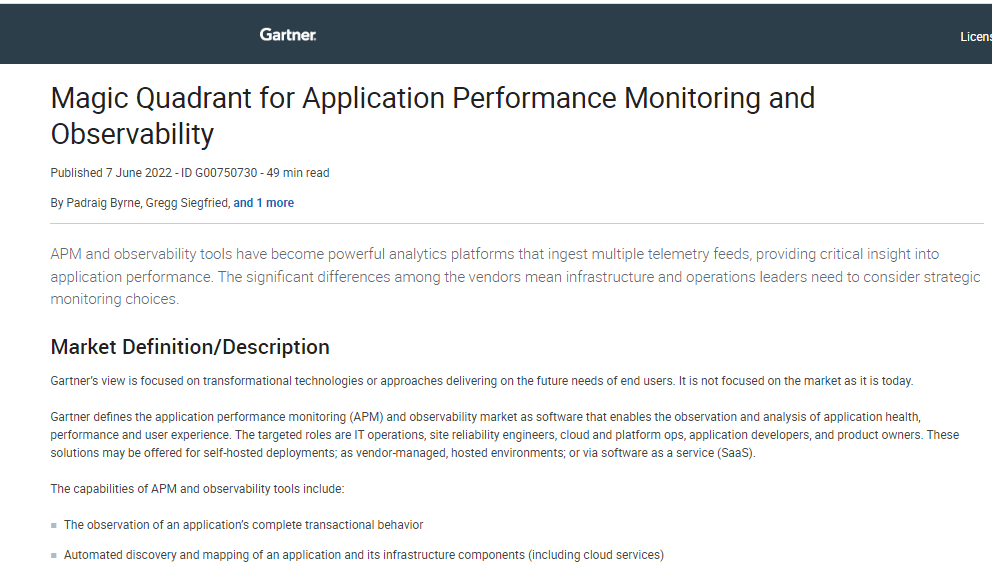Google brings Privacy Sandbox initiative to Android
Multi-year effort likely to bring new Topics API to mobile OS


Google has announced plans to bring its Privacy Sandbox anti-tracking initiative to the Android operating system.
The move, floated in a blog post on Wednesday, will be part of a multi-year effort, which will see Google build measures into the OS that will limit the ability of applications to share user data with third parties.
RELATED RESOURCE

Minimising downtime risk with resilient edge computing
Add value with on-premise edge computing
The privacy sandbox will also force apps to operate without cross-app identifiers, making it harder for developers to track individuals across different applications.
In Android 13, it plans to introduce a separate runtime environment for the advertising software development kits (SDKs) that serve up ads to app users. Currently, these SDKs run inside the host app's sandbox, which Google says risks covert data collection and sharing.
Google has published its initial design proposals for the Android version of its Privacy Sandbox. It will release developer previews in the coming months and will have a beta release by the end of the year.
The company is inviting developer feedback on proposed solutions including FLEDGE for Android, which Google says uses audience segmentation information stored on the user's device to deliver relevant ads via an API.
Google, Facebook fined €210 million for making it difficult for users to reject cookies Google and competition watchdog agree on rules governing cookie policy changes Developer preview offers first look at Android 13
Launched in 2019, the Privacy Sandbox initiative is Google's attempt to reduce unauthorized third-party tracking while still supporting advertisers. It hopes to eliminate cookies and fingerprinting.
Get the ITPro daily newsletter
Sign up today and you will receive a free copy of our Future Focus 2025 report - the leading guidance on AI, cybersecurity and other IT challenges as per 700+ senior executives
As part of the initiative, Google replaced third-party cookies with its Federated Learning of Cohorts (FLoC) technology, which tracked people in aggregate, classifying them by their interests. This generated controversy in the industry, drawing an antitrust complaint from several states and causing several other browsers and online services to decline support for it.
Google abandoned FLoC last month in favour of its Topics API for interest-based advertising. It has also used the Android Privacy Sandbox initial proposals page to solicit feedback from developers on this approach.
Danny Bradbury has been a print journalist specialising in technology since 1989 and a freelance writer since 1994. He has written for national publications on both sides of the Atlantic and has won awards for his investigative cybersecurity journalism work and his arts and culture writing.
Danny writes about many different technology issues for audiences ranging from consumers through to software developers and CIOs. He also ghostwrites articles for many C-suite business executives in the technology sector and has worked as a presenter for multiple webinars and podcasts.
-
 Cleo attack victim list grows as Hertz confirms customer data stolen
Cleo attack victim list grows as Hertz confirms customer data stolenNews Hertz has confirmed it suffered a data breach as a result of the Cleo zero-day vulnerability in late 2024, with the car rental giant warning that customer data was stolen.
By Ross Kelly
-
 Lateral moves in tech: Why leaders should support employee mobility
Lateral moves in tech: Why leaders should support employee mobilityIn-depth Encouraging staff to switch roles can have long-term benefits for skills in the tech sector
By Keri Allan
-
 Azure AD vulnerability gave attackers backdoor authentication control
Azure AD vulnerability gave attackers backdoor authentication controlNews Secureworks shared its findings with Microsoft in 2022, and the company has since issued changes to improve audit logs
By Ross Kelly
-
 Using APIs to rewire supply chains in 2023
Using APIs to rewire supply chains in 2023In-depth Supply chains are on the mend after breaking down recently, and APIs are helping stakeholders get a better handle on data
By Rich McEachran
-
 Better APIs for better business
Better APIs for better businessWhitepaper Realities of API security
By ITPro
-
 Hackers hijack Namecheap's email platform to phish its customer base
Hackers hijack Namecheap's email platform to phish its customer baseNews Customers received scam emails made to look like notices from delivery firm DHL and crypto wallet MetaMask
By Rory Bathgate
-
 The IT Pro Podcast: The problem with APIs
The IT Pro Podcast: The problem with APIsIT Pro Podcast With API attacks on the rise, knowing your attack surface is crucial
By IT Pro
-
 Podcast transcript: The problem with APIs
Podcast transcript: The problem with APIsIT Pro Podcast Read the full transcript for this episode of the IT Pro Podcast
By IT Pro
-
 Magic quadrant for application performance monitoring and observability
Magic quadrant for application performance monitoring and observabilityWhitepaper Enabling continuous updating of diverse & dynamic application environments
By ITPro
-
 Twitter API keys found leaked in over 3,200 apps, raising concerns for linked accounts
Twitter API keys found leaked in over 3,200 apps, raising concerns for linked accountsNews Business and verified Twitter accounts linked to affected apps are at risk of takeover, use in malicious campaigns
By Rory Bathgate